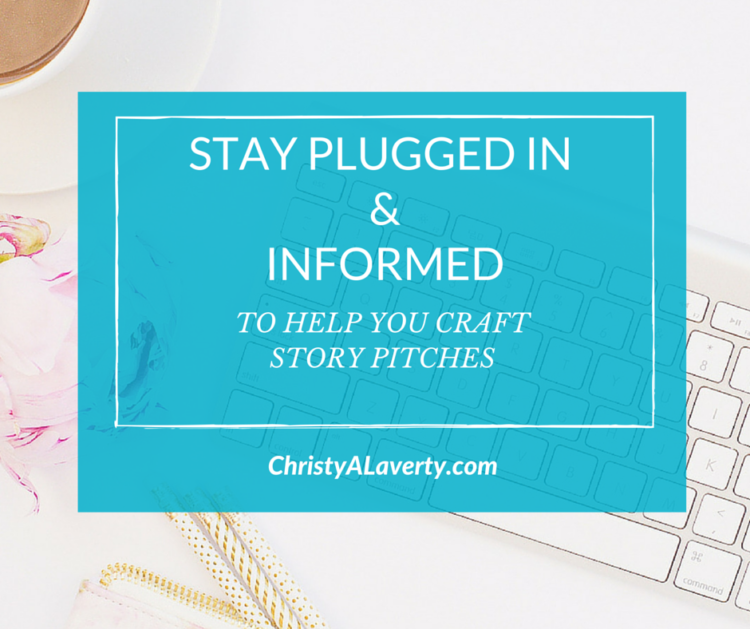
Do you struggle to come up with story ideas to pitch producers and reporters?
We can all find days when the creative juices just don’t flow as well as you want them to. The best way to combat this is to stay pulled in and informed. You also want to create an editorial/content calendar and an idea bank.
An editorial or content calendar will help you craft story pitches that hit the mark. You want to fill it with dates, events, and holidays.
An IDEA BANK is a file (hard copy or digital copy) that contains a whole list of ideas that you can pull out and touch up when you need them. An IDEA BANK is the fruit of your brainstorming labours.
If you want to connect with the media by sharing your stories then you need to have stories at the ready. You need stories that really connect with an audience. You need stories that are going to spark interest from producers and reporters. But where do these story ideas come from? They come from brainstorming sessions where you work to flush out possible story ideas.
But where do these story ideas come from?
Here are 5 tips to help you fill up that IDEA BANK and Media Editorial Calendar!
1. WATCH THE HEADLINES – Watch the television/radio/newspaper headlines and create a list of all the stories in the news you could add value to or add an opinion on. While the stories appear rooted in timelines,s many news headlines tend to appear over and over as the months go by. So think about how many your expertise could be called upon for a particular story. Write them down! One easy way to stay on top of the news and headlines is to get up some Google Alerts. That way the news comes right to your inbox. This will help you know what is happening in your community, country and around the world.
2. HEALTH & SCIENCE STUDIES – Health stories are very popular. These are stories that affect all of us and add a human element to every show or publication. Health stories can be very personal. Just think about stories of ground-breaking research that affect people battling cancer, ALS or MS for example. People care greatly about these kinds of stories because were are all impacted in some way. Collecting a file of links, clippings and articles on recent health studies can help you generate endless story ideas. For each relevant health study, think about how you could speak to the story, what expertise or know-how could you draw on to add value to the story. Check out this site to help you stay on top of studies and health and science news http://www.eurekalert.org
3. HOLIDAYS/NATIONAL DAYS – Did you know there is a National Donut Day? Yup! There is probably a national day for just about anything and everything you can think of. Just do a Google search and make a list of all the relevant days that are related to your business, brand or service and how you could speak about them. You can also use sites like http://www.holidayinsights.com/ or http://www.nationaldaycalendar.com/ to help you take note of dates and holidays that fit in your niche or industry.
4. SEASONS – There are endless story ideas surrounding the changing seasons. Spring, Summer, Fall and Winter. Every business, brand or service can find at least one story idea related to each of the seasons.
5. NEWS NEWSLETTERS – You should also be signing up for some news newsletters, media outlets like CNN, CTV, CBC, have regular news emails they send out. Not only do they send regular updates but you also get on the breaking news email blasts which is important if you want to piggy-back on news to send pitches. There are also newsletters like the one theSkimm sends out with all the news and headlines of the day.
BONUS – Subscribe to something like HARO (Help A Reporter Out) or SourceBottle. Both of these services/websites send daily emails (newsletters) connecting you with reporters/producers/journalists who are looking for help with stories. They may be looking for an expert, thought leader or someone who has experienced something and can add their opinion to a story. It is a great way to connect with journalists and get press.
Coming up with stories that the media wants isn’t rocket science. It is all about knowing what the media wants. If you are staying pulled in and informed it will be much easier to see what the media is covering and, in turn, the kind of stories the media wants you to pitch.